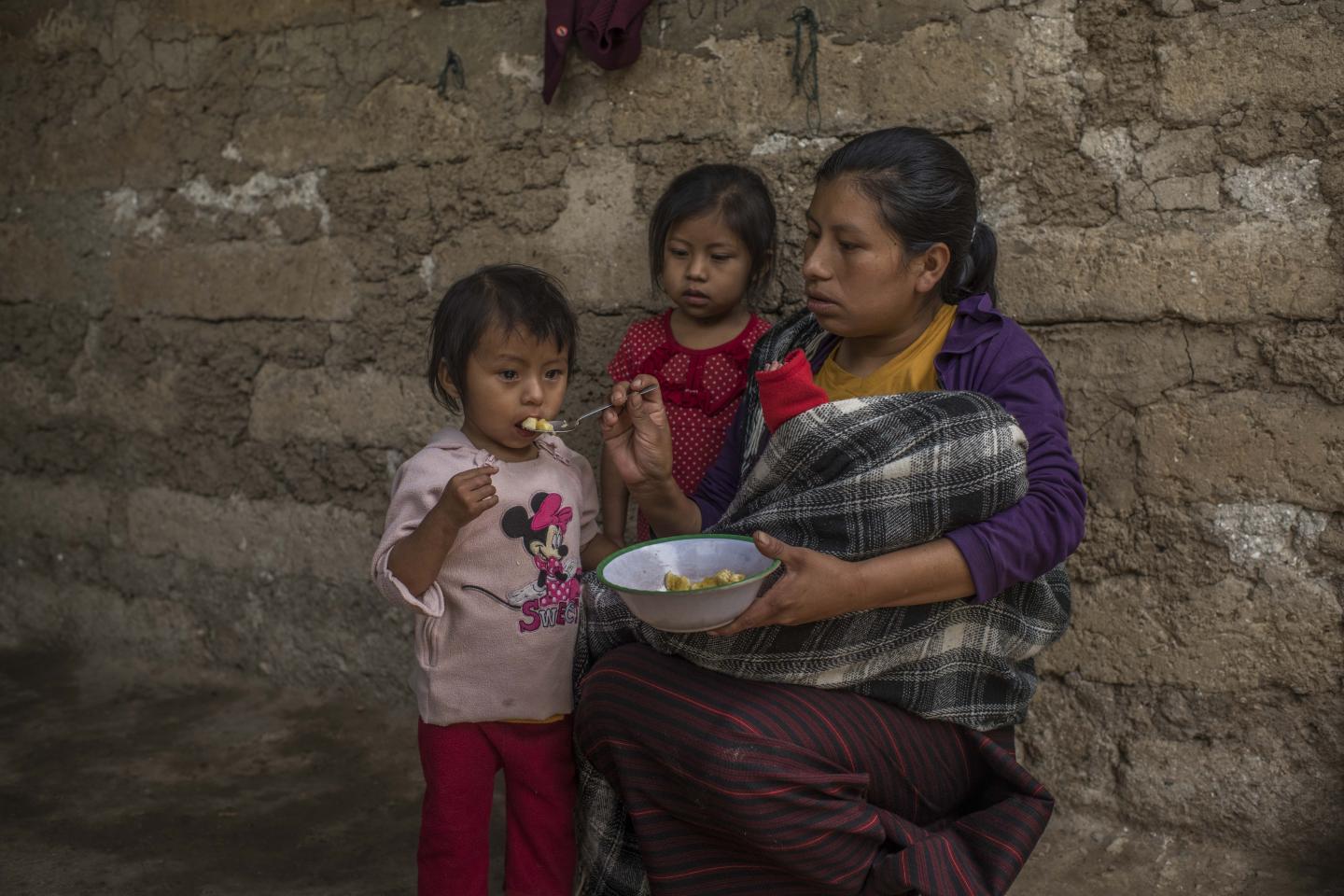KATHMANDU: The pandemic caused by the COVID-19 pushed many governments worldwide to take measures such as lockdowns and quarantines to stop its spread. Since March 2020, Nepal has also imposed restrictions on movements and lockdowns, which inevitably led to social and economic hardships such as job loss, disruptions in public services, and limited access to healthcare and education.
These visible impacts of the pandemic have entailed a range of multiple issues that children had to face up losing access to education, comprising their diets due to their caregivers’ food insecurity and job losses. Nepal has witnessed that a significant percentage of the population remained at risk of falling into poverty, according to a nationwide remote survey entitled ‘Tracking Social and Economic Impacts of COVID 19 Child & Family Tracker’.
The survey conducted by Sharecast Initiative Nepal in collaboration with UNICEF demonstrated key developments in the lives of households with children since May 2020. It has been revealed that July 2020 recorded more than 60% of the households with children lost income and livelihood. Although the percentage of the households with livelihood and income loss has been decreasing substantially since then, a significant percent remains at risk of falling into poverty. As of November 2021, 33% of households were at risk of poverty.
The survey was implemented to understand the evolving situation of households with children during the pandemic. Starting from its inception in May 2020, UNICEF & Sharecast Initiative Nepal implemented eight rounds to monitor and track changes in more than 6,000 households’ livelihood, WASH, and children’s access to education, including food intake and healthcare of children, breastfeeding and pregnant mothers, shared Chief Executive Officer of Sharecast Initiative, Madhu Acharya.
According to the survey, major emerging needs of families in the pandemic were reportedly financial assistance, food and employment, the survey demonstrates, noting families continue to incur debt and deplete assets as a coping mechanism.
Around 60% of parents were found confident about sending their children back to school and 80% felt that their children were lagging behind their studies. 21% of households with children struggled to obtain enough food in November 2021, the survey revealed. Nearly 10% of these households reduced the dietary intake of their children.
Likewise, 15% of the respondents reported witnessing violence against women and children was increasing – the percentage of respondents reporting violence against women and children was increasing. Roughly 10% of respondents also reported witnessing child labor.
According to the survey finding, 84% of respondents wore masks to protect themselves from Covid-19 and 71% of the respondents were vaccinated in November 2021.









Comment